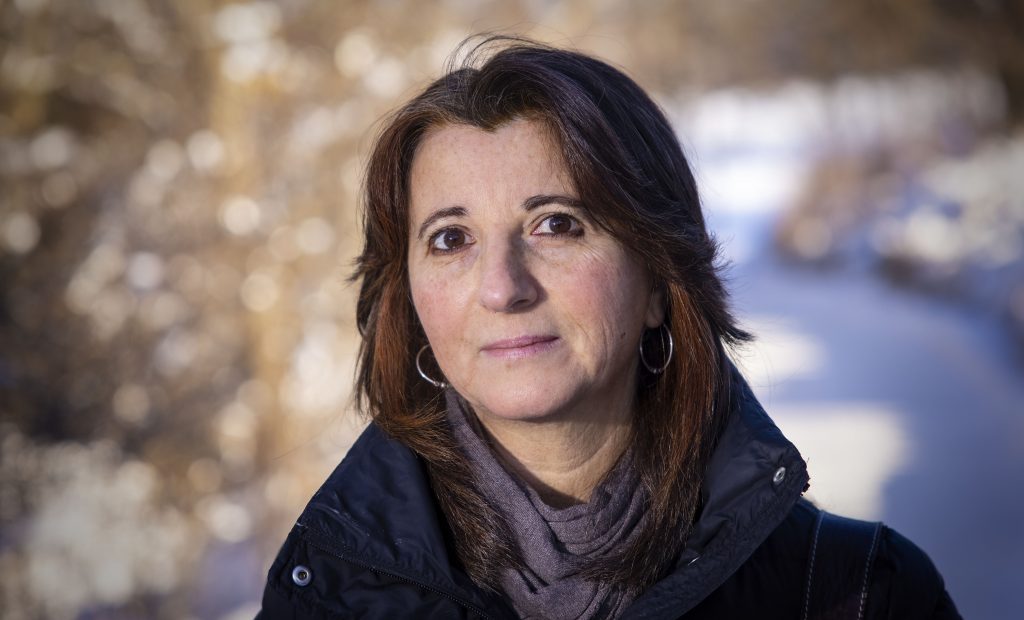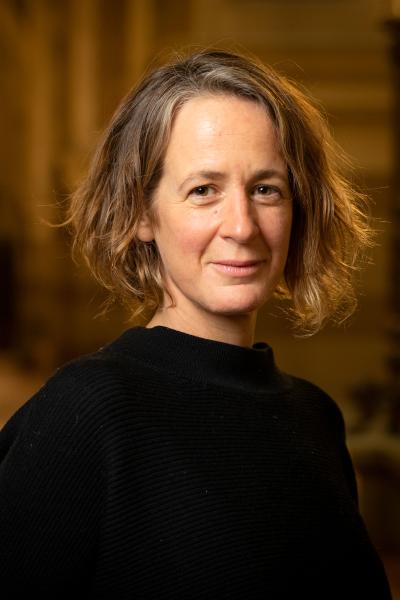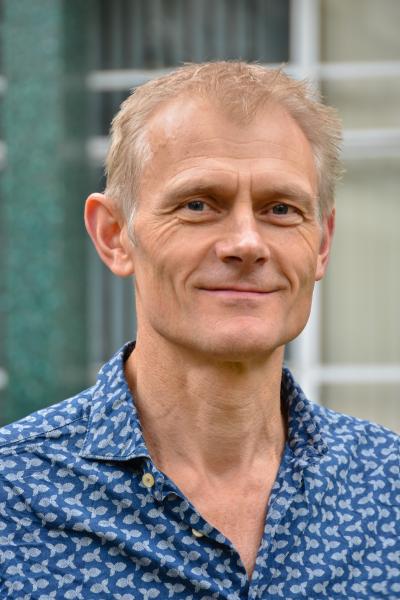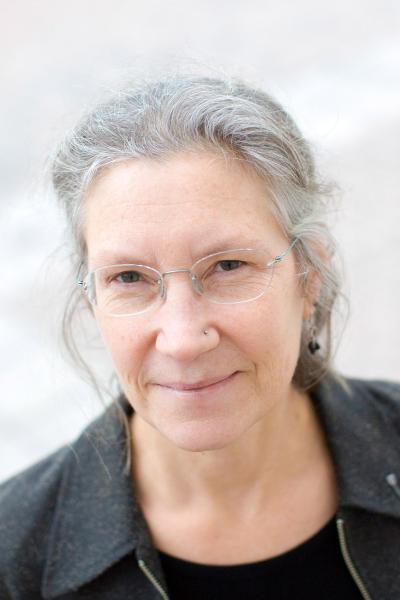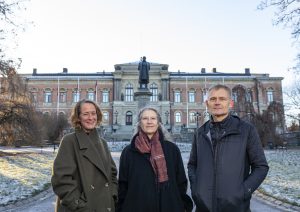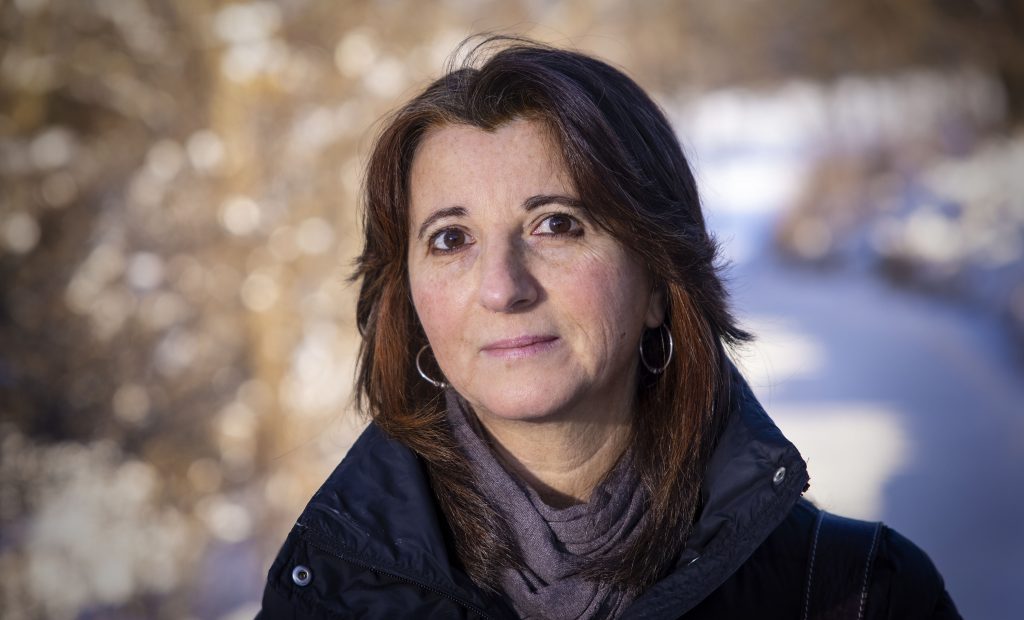Vad är en koldioxidbudget?
Den globala koldioxidbudgeten är den begränsade totala mängd koldioxid, det utsläppsutrymme, som kan släppas ut till atmosfären för att klara ett visst temperaturmål. Den kan brytas ner och fördelas i tid och rum och därigenom uttryckas som lokala årliga koldioxidbudgetar.
En koldioxidbudget är förstås den siffra, den mängd koldioxid, samt tillhörande förslag på minskningstakt för att klara denna. Men budgeten består också av de tolkningar av vad Parisavtalet innebär och möjligheten till så kallade negativa utsläpp. I sig hjälper den till att konkretisera vad det innebär att koldioxid ackumuleras i atmosfären, och att CO2‑utsläpp därför måste betraktas ur ett kumulativt perspektiv.
Det är detta arbete som gjorts i detta projekt för svenska kommuner, regioner och län för åren 2020-2040. Efter 2040 måste utsläppen fortsätta att sjunka mot noll.

Om samarbetet med svenska kommuner, regioner och län
Kevin Anderson är pionjär inom arbetet med att omvandla den globala koldioxidbudgeten till nationell och lokal nivå och har bland annat tagit fram en budget för Manchester, Skottland samt för England via deras Climate Change Act.
År 2017 tog Järfälla kommun kontakt med klimatledarskapsnoden (CCL) och undrade om Järfälla kunde få en koldioxidbudget beräknad (Anderson et al., 2017). När projektet var klart tog fler kommuner samt län kontakt med CCL och bad att få budgetar beräknade.
Det stora intresset resulterade i att det under 2018 startades ett projekt, Koldioxidbudgetar 2020-2040, för att beräkna budgetar åt fler kommuner, regioner och län. Framförallt under upplaga två, men även under de senaste omgångarna dialog förts med deltagande organisationer via mail och möten. Mötena har syftat till att behovsanpassa innehållet i rapporterna samt att författarna får ta del av kommunala och regionala perspektiv, kunskaper och erfarenheter.
Sammanlagt har vi nu beräknat koldioxidbudgetar för ett tjugotal kommuner, regioner och län runt om i Sverige
Dessa rapporter kan hämtas här.
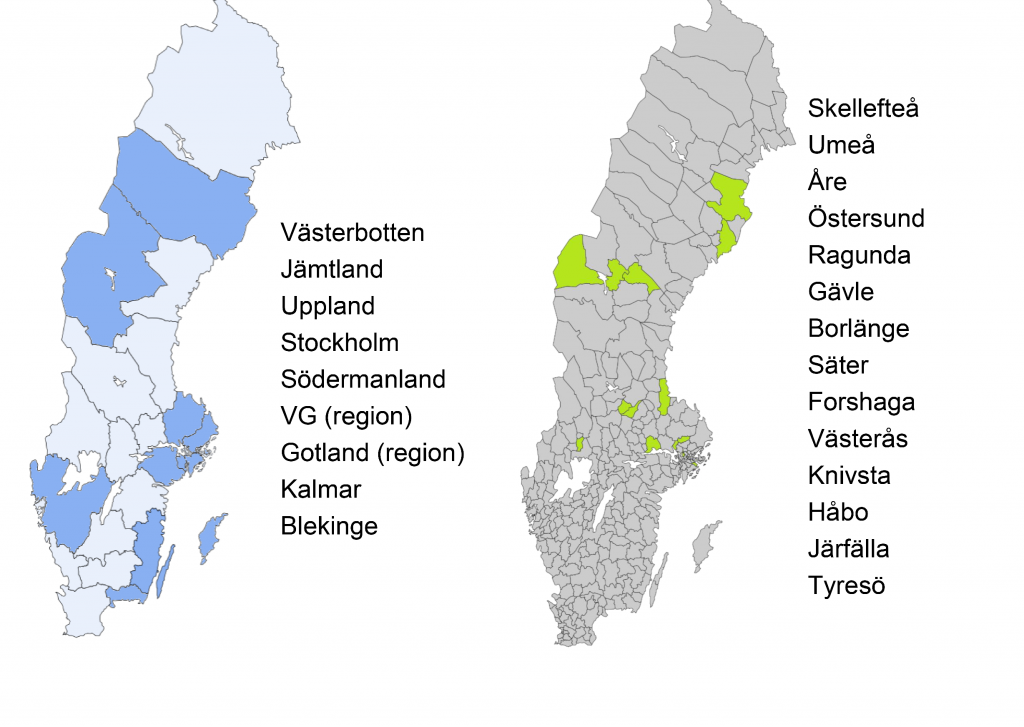
Pågående arbete
Just nu planerar vi för 2021 års arbete, ta gärna kontakt med oss om ni är intresserade att delta.
Som inspiration kan nämnas att EU just röstat igenom att koldioxidbudgetar ska användas samt att staden Manchester i England har antagit följande ambitiösa mål:
- Proposal one: Manchester adopts the Tyndall Centre’s proposed targets and definition of zero carbon and includes them formally in the Our Manchester and Manchester City Council policy framework. Namely: a limited carbon budget of 15m tonnes CO2 for 2018-2100; 13% year-on year reductions in CO2 from 2018; zero carbon by 2038.
- Proposal two: Manchester recognises that action on climate change is a fundamental part of achieving the city’s 2025 vision and objectives. And by taking urgent action to become a zero carbon city, starting in 2018, we will achieve more benefits for Manchester’s residents and businesses up to 2025 and beyond.
- Proposal three: Manchester accelerates its efforts to mobilise all residents, businesses and other stakeholders to take action on climate change, starting in 2018.
- Proposal four: Manchester puts in place an action plan and the resources needed to stay within the proposed carbon budget, starting in 2018.
Under 2018-2019 pågår också ett Vinnovaprojekt med titeln – Digital plattform för beräkning av koldioxidbudgetar och simulering samt sam-skapande av klimatåtgärdspaket – ta gärna kontakt med oss om det låter intressant.

